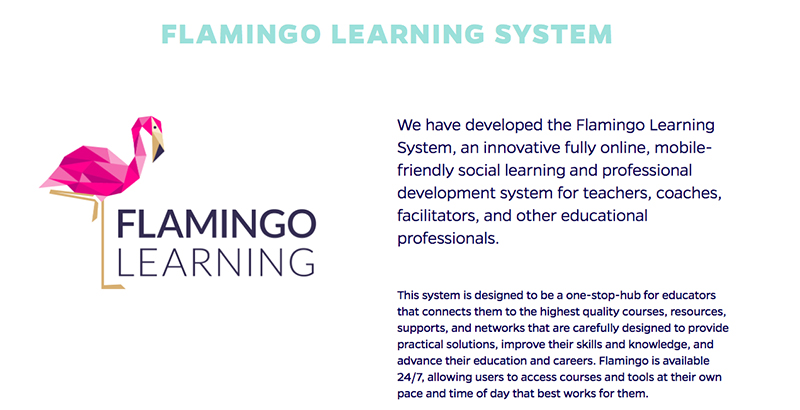Poekert: At the University of Florida, We Have Lots of Data on Students and Math. Now, We Need Researchers to Help Us Mine It

The world has embraced data science and predictive analytics. Go on Netflix, and you see suggestions for other shows to watch — and you enjoy them. Alexa tells us when we need to order more paper towels; check, and lo and behold, we do. The Oakland A’s took on a strategy called moneyball and went twice to the playoffs. Data science works to create customization at scale — individual needs and differences are addressed without an overwhelming commitment of resources.
In education, data analyses and predictive analytics on large data sets can be the foundation for new interventions and tools that take into account students’ and teachers’ individual experiences and needs, and create cost-effective, customized supports to accelerate and deepen the impact of teaching and learning.
Many of us are sitting on large data sets that have a transformative potential, but we haven’t mined them. My organization, the University of Florida Lastinger Center, has two untapped data mines. For 10 years, we have had the goal of maximizing every student’s potential by advancing technology and knowledge to transform education, harnessing the value that data science brings to transform the online education landscape. To achieve this goal, the Lastinger Center has custom-built two educational technology platforms: Algebra Nation, a comprehensive online mathematics teaching and learning platform, and Flamingo Learning, a fully online, mobile-friendly professional development system.
Each provides tools, resources and support to teachers and students to enhance teaching and learning outcomes at scale. Through their use in multiple states, these platforms have produced substantial amounts of unmined data and are prime vehicles for research that may lead to significant discoveries in educational technology and educational reform more broadly.
All we need are partners to interpret it.
Through an innovative combination of courses, community-building tools and resources, Flamingo Learning has delivered more than 750,000 hours of professional development to more than 20,000 early childhood educators and has recently expanded to offer literacy professional development to K-3 educators. The program collects a variety of user data, including demographic, recommendation engine, course mastery and progression, and activity and engagement. Further, the Lastinger Center can gather external teacher and student outcome data that can be analyzed against usage data to determine any relationships among usage and impact.
Since 2013, Algebra Nation has been utilized by more than 1 million students and 50,000 teachers across six states, resulting in a huge amount of data available to researchers, from learner profiles to student and teacher activity and engagement with the tools and social learning platforms. Our team also has access to a rich amount of school and district activity data, as well as outcome data at the student, teacher, school and district levels.
Through the use of data science, these platforms could become the telescopes and microscopes of the learning sciences, providing new insights into how teachers should best present information and how students best engage with it to optimize learning outcomes. Imagine if you had a math student and, just by entering a few data points, could have an individualized learning program created that would meet the student’s needs now and in the future, as those needs change along the way.
That’s why we are opening up our data mine and inviting data scientists to conduct research within one or both of our platforms around a variety of themes related to machine learning and data analytics, with a focus on identifying features, tools and enhancements that can lead to meaningful improvements in learning. Specifically, we are looking to partner with researchers interested in exploring the connections among learner profile, learner engagement, learner activity, learner recommendation, and teacher and student outcome data, as well as other innovative experiments around learning within virtual environments. Partners will be vetted to ensure they will guard students’ privacy while gleaning information that could have the greatest impact.
Our Request for Proposals will be open through Nov. 15. We invite interested researchers to visit our website to learn more about the platforms, research opportunities and how to partner with the Lastinger Center in transforming education through research and technology. The initial submission is just a page or two to get the conversation started.
We hope this endeavor will not only improve learning by using the data we’ve collected over the years, but also inspire other organizations to do the same, so we can bring data science to bear for the benefit of our nation’s students.
Phil Poekert is director of the University of Florida’s Lastinger Center for Learning.
Get stories like these delivered straight to your inbox. Sign up for The 74 Newsletter

;)